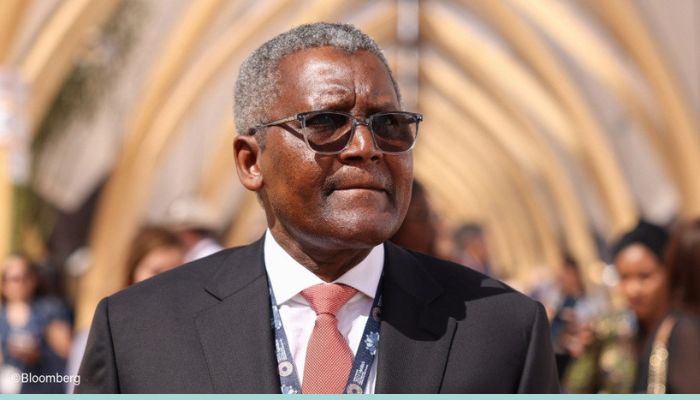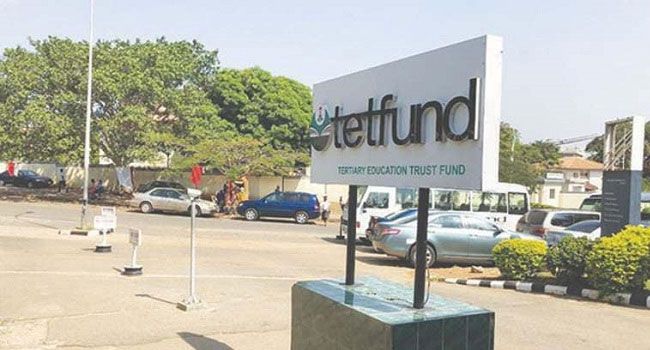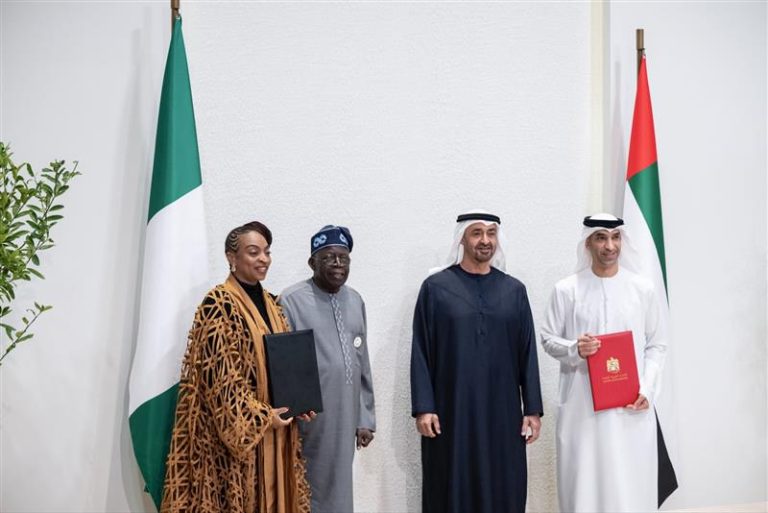
President of Dangote Industries Limited, Aliko Dangote, has assured Nigerians of steady fuel supply throughout the upcoming festive season, promising that petrol prices will remain stable despite the recent surge in global crude oil prices.
Dangote gave the assurance on Sunday while announcing an ambitious plan to expand the Dangote Petroleum Refinery’s capacity from 650,000 barrels per day (bpd) to 1.4 million bpd, a move he described as a vote of confidence in Nigeria’s economy and future.
“In the last three days, global oil prices have jumped by about eight percent,” Dangote said. “But I want to assure Nigerians that the Dangote Refinery is fully committed to maintaining an uninterrupted supply of petrol throughout the festive period. For the first time in many years, Nigerians can look forward to a Christmas and New Year free of fuel anxiety.”
The assurance comes amid months of fluctuating pump prices, which rose from about ₦189 per litre in 2023 to over ₦1,000 earlier this year, before easing to around ₦800–₦900 per litre in recent weeks.
Despite the global price pressures, Dangote noted that Nigeria’s petrol remains among the most affordable in the region, crediting the refinery for stabilising local supply, curbing capital flight, and strengthening the naira.
“Nigerians today buy petrol at roughly half the price paid by our neighbours, and even cheaper than in Saudi Arabia,” he added. “Our products meet Euro VI standards and have drastically reduced the dumping of toxic fuels in our market.”
Expansion and Economic Impact
The billionaire industrialist said the expansion of the $20 billion facility would take place over the next three years, financed through a mix of cash flow, strategic investors, and public listing. Once completed, the plant will surpass India’s Jamnagar Refinery, currently the world’s largest making Nigeria a global refining hub.
Dangote explained that the refinery’s polypropylene output will increase from 900,000 metric tonnes to 2.4 million metric tonnes per year, while production of base oils and linear alkylbenzene (used in detergent manufacturing) will also expand.
“This expansion is not just about capacity; it is about confidence in our people, in our government, and in our continent,” Dangote said. “Together, we are building a stronger Nigeria and redefining what is possible for Africa.”
He revealed that the refinery will upgrade its production standards from Euro V to Euro VI, expand its power generation capacity to 1,000 megawatts, and employ a workforce that is more than 85% Nigerian.
“Our commitment to safety, sustainability, and local participation remains unwavering,” he noted.
Government Support and Vision
Dangote commended the Federal Government, the Lagos State Government, and host communities in Lekki for their continued support, describing the expansion as aligned with President Bola Ahmed Tinubu’s vision of positioning Nigeria as Africa’s leading refining centre.
“It is the dream of President Tinubu for Nigeria to emerge as a major global supplier of petroleum products,” he said. “With his strong policy backing, we are taking on the challenge to make this happen.”
He urged other investors with refinery licences to follow suit, stressing that greater collaboration across Africa would help achieve energy independence and economic transformation.
“When Africa builds its own capacity, it builds its own destiny,” he stated.
Public Listing and National Ownership
Dangote also reaffirmed plans to list a significant portion of the refinery’s shares on the Nigerian Exchange (NGX) within the next year, describing it as part of efforts to democratise ownership and give Nigerians a direct stake in the project.
“Our main listing will be here in Nigeria to give Nigerians value,” he said. “We want the Dangote Refinery to be the golden stock of the Exchange. Listing outside Nigeria is secondary, this is a national asset in every sense.”
He projected that the refinery’s annual revenue could exceed $55 billion, making it one of the most valuable industrial assets on the continent, while saving the nation billions in import costs and foreign exchange outflows.
“This expansion will create jobs, support thousands of SMEs, and deepen our industrial base,” Dangote concluded. “Our goal has never been just to refine oil, but to refine opportunities for our people.”



